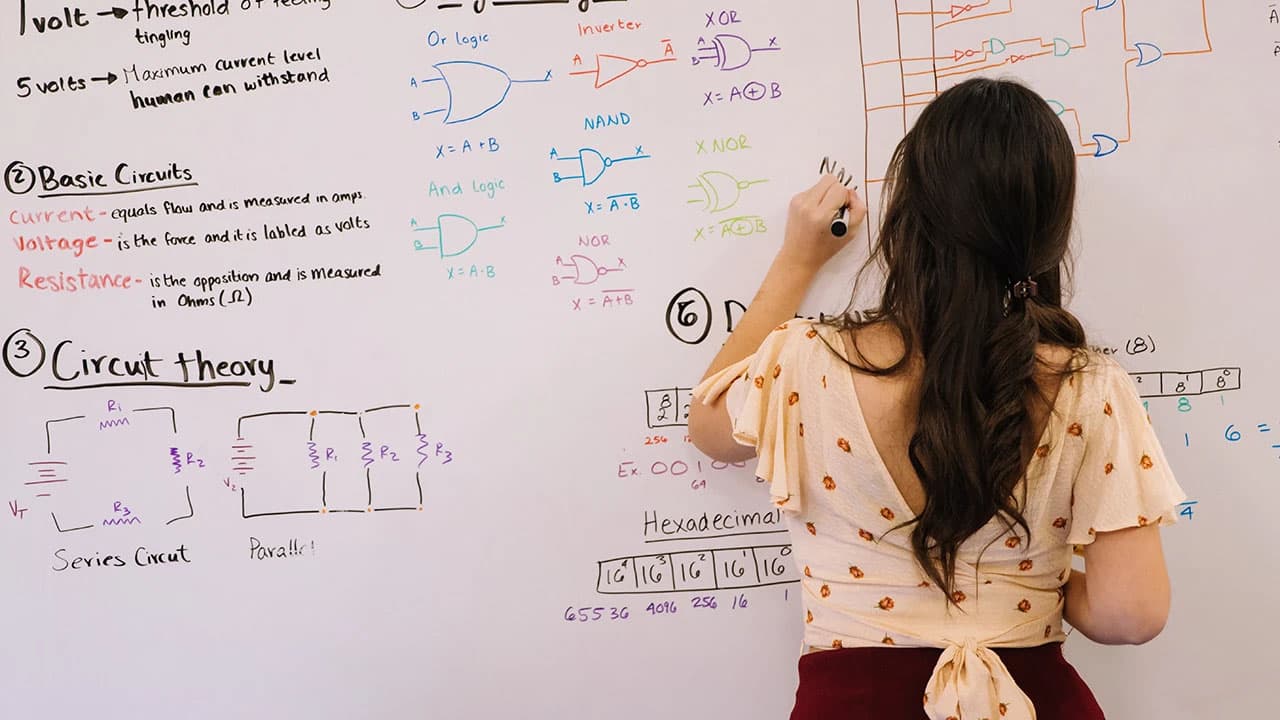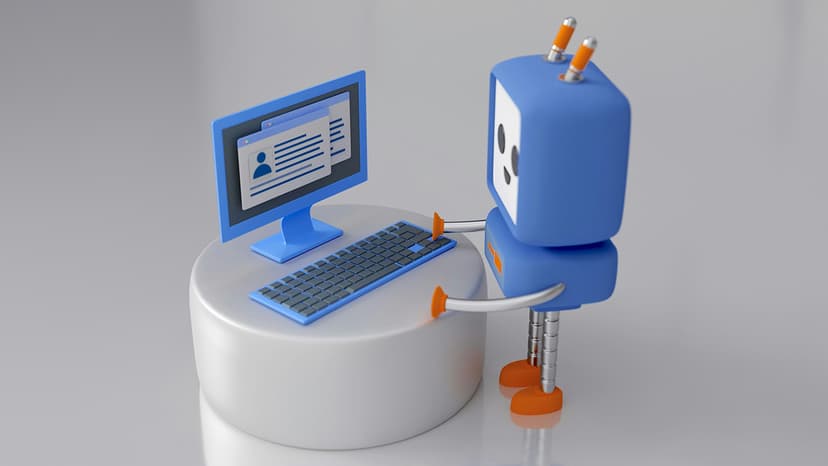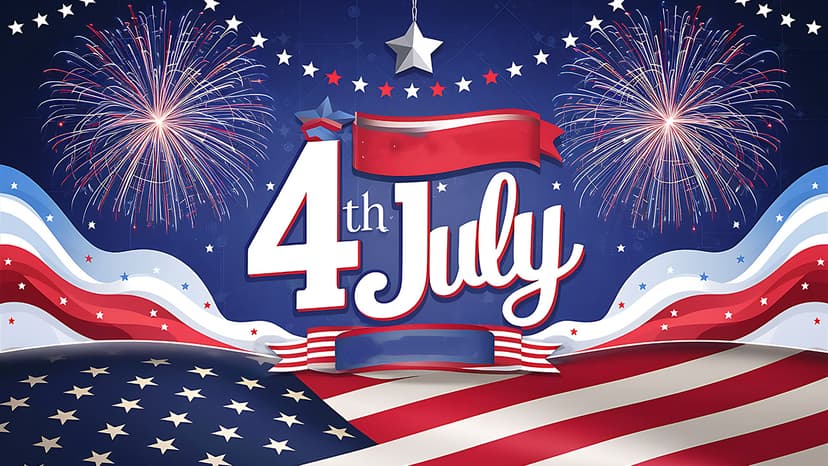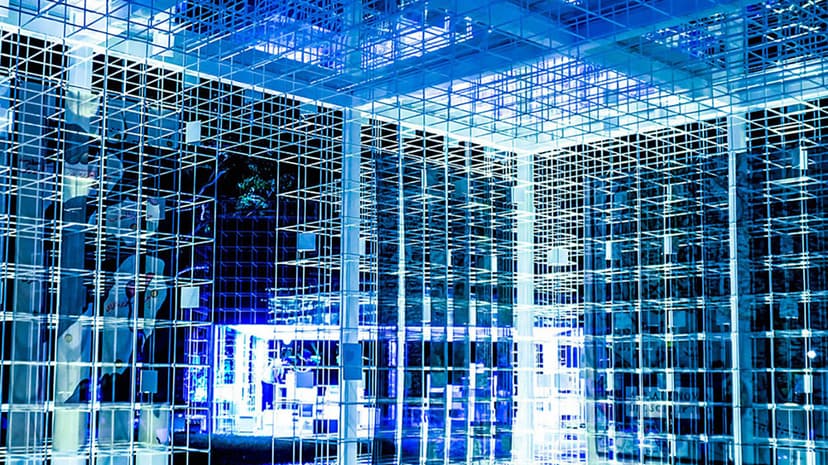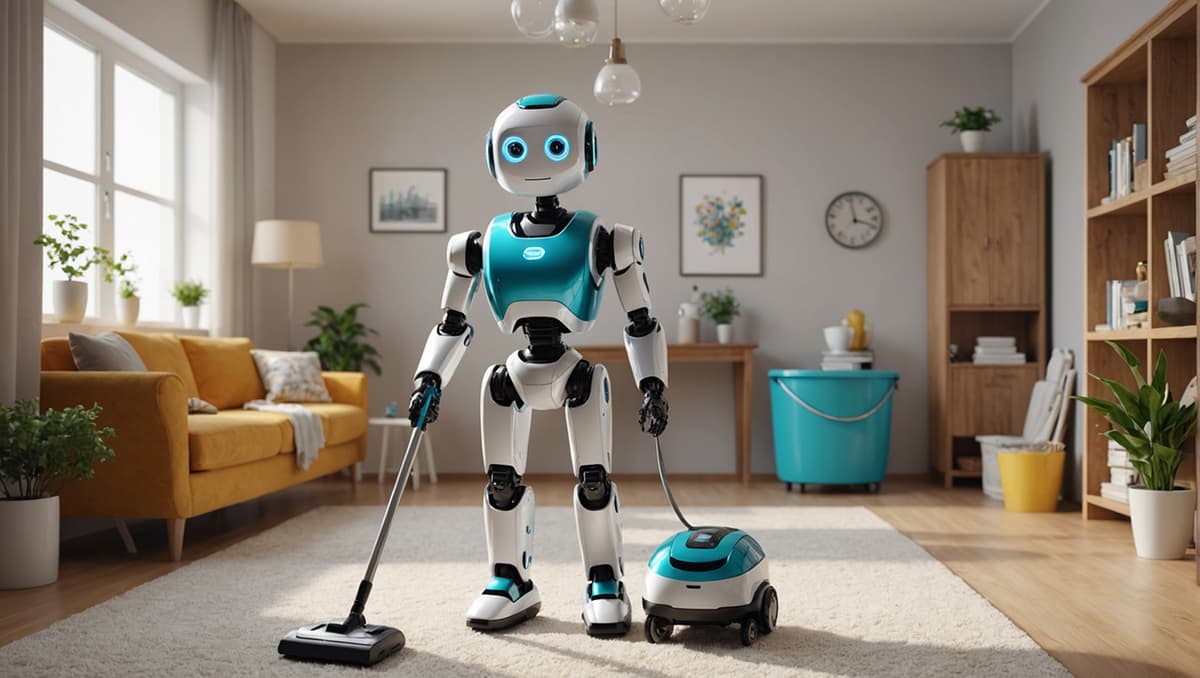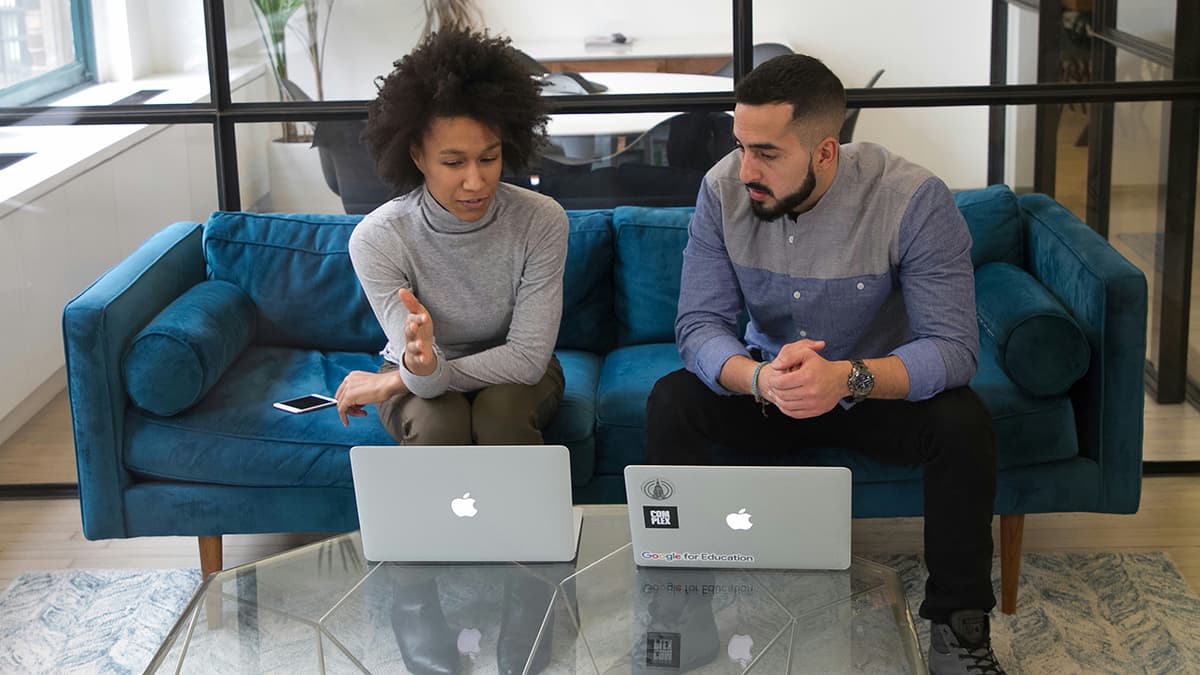Exploring AI-Generated Content and Plagiarism
As technology becomes increasingly integrated into our lives, questions surrounding the implications of AI in various fields arise. A key focus falls on content creation. Does content produced by AI systems equate to plagiarism? The contemplation zeroes in on themes of creativity, originality and AI's role within the creative process.
Clarifying AI-Generated Content
AI-generated content refers to any content—text, imagery, music and more—that is created by artificial intelligence algorithms. The utilized AI systems assess large volumes of data to generate outputs that mirror human-like creativity. Tools such as OpenAI's GPT-4o, for instance, can formulate articles, poems and stories, creating a human-like feel. This then asks the question: Can AI generate original content, or does it merely replicate existing work?
The Role of Plagiarism
Generally, plagiarism is defined as claiming someone else's work or ideas as one's own. If a person duplicates text from a book or article without crediting the source, that is considered plagiarism. This brings about an interesting dilemma with AI. Given that AI systems can generate content based on patterns garnered from a wide range of existing works, can they unintentionally create content that bears resemblance to previously published material?
Is AI Capable of Creativity?
Creativity is mostly considered a uniquely human trait, intertwined with emotional expression, personal experiences and a distinct perspective, all of which are difficult for machines to reproduce. Nevertheless, AI systems can conjure seemingly creative content through analyzing and re-formulating existing ideas and structures. Does this mean that we can classify AI-generated content as plagiarism because it's derived from previous works? Or should it be viewed as a wholly new creation that just happens to resemble existing content?
The Legal Lens
Discussions around plagiarism necessitate a look into copyright laws. These laws protect original authorship but are primarily concerned with the expression of ideas, not the ideas themselves. This difference is key when examining AI-generated content. For instance, if AI produces a written output that is significantly dissimilar in expression from another writer's work, it may not violate copyright laws. As technology evolves, legal frameworks will need to adjust to these emerging complexities.
The Experts' Opinions
Various experts have given their views on the matter. Creative professionals—writers and artists included—have differing views on AI-generated content:
-
Some see AI as a valuable tool that enhances the creative process. Just as a camera supports photographers, AI can assist artists in realizing their visions more effectively.
-
Others worry about AI undermining the value of human creativity, particularly when machines can swiftly and cheaply generate high-quality content.
-
Some highlight the ethical implications, insisting on the importance of transparency when AI is used in content creation to maintain trust within creative fields.
The Art of Attribution
The importance of attribution in academic and artistic integrity cannot be overstated. When AI is used in content creation, should it be credited? If a writer utilizes AI to structure an article, is there a need to acknowledge the software or can the writer claim full ownership? Just as sources are cited in research papers, transparency in acknowledging the involvement of AI technology in content creation can promote honesty.
Duplication: AI and Existing Content
Consider two separate AI systems given the same data. Both systems could potentially generate similar outputs, with one perhaps strongly resembling existing material. Some critics may view this as plagiarism, whereas others might argue it's simply a limitation associated with similar data sources.
The Uniqueness of AI-Generated Ideas
Originality is often subjective. The same idea could be conceived independently by two people. AI, like any traditional artist, works within certain frames, making use of common language and storytelling patterns. Should a machine be penalized for producing work that is reminiscent of past pieces when human artists often do exactly the same?
Looking Ahead: Content Creation and AI
As AI continues to evolve, the implications for content creation will change in tandem. While some predict AI will significantly contribute to artistic ventures, others fret over potential shifts in perceived originality. Platforms employing AI must maintain ethical standards and best practices to ensure a balanced relationship between machine assistance and human creativity.
- Transparency: Guidelines that help users interact responsibly with AI-generated content need to be established.
- Guidelines: It is beneficial to create industry standards for AI content to protect both creators and consumers from possible ethical dilemmas.
- Collaboration: Encouraging cooperation between human creators and AI can promote innovation without overshadowing the human element in creative work.
The rise of AI-generated content challenges our perceptions of authorship and creativity. Although it might mimic forms of existing work, it's debatable whether it should be outright classified as plagiarism. As technology continues to blend with creativity, we are confronted with the need for thoughtful conversations around ethics and originality. The way we engage with this technology will influence whether we view AI-generated content as plagiarism or as a bold step forward in creativity. Through open dialogue and a commitment to ethical practices, we can navigate this fascinating, yet uncertain path together.
